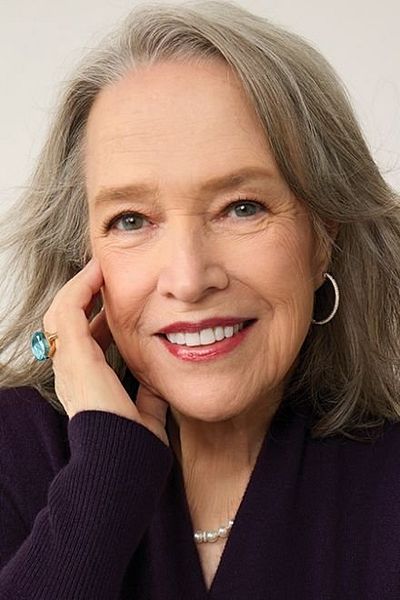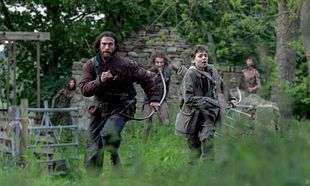Dublin, 1967. A group of women (Kathy Bates, Maggie Smith, Agnes O'Casey) win a trip to Lourdes, each of them hoping for a miracle in their lives. Along the way, an old friend (Laura Linney) who returned to Dublin to bury her mother joins them along the way, unexpectedly reconnecting with her past and unearthing old wounds...
Considering how the cast assembled for 'The Miracle Club' is leaden with awards, it's not at all surprising that the performances are universally terrific. Yet, it's such a shame that a slight and somewhat ineffectual script brought them all together, even if they're elevating it. There's a distinct kind of triteness in 'The Miracle Club' that is impossible to ignore, especially if you're Irish and especially if you were surrounded by the kind of religious iconography that's cheerfully on display in the movie. More often than not in 'The Miracle Club', it's about holding your nose through some of the diddley-aye, parish Catholicism in order to see three acting legends at work.
In fact, 'The Miracle Club' probably could have worked just as effectively, maybe even more so, as a theatrical play than a movie. Thaddeus O'Sullivan's direction is geared more towards the performances than it is the production design or cinematography, both of which feel perfunctory at best and distractingly cheap at worst. There's a moment when they arrive via bus in Lourdes and find themselves in a kind of awe and wonder that just rings hollow, not to mention walking through Lourdes itself.
Yet, what keeps you engaged is the performances. Maggie Smith's performance is layered with a kind of deep-seated anguish, while Kathy Bates has a kind of gentle warmth and humour to it that's unmistakably all her own. Agnes O'Casey more than holds her own with Smith and Bates, and Laura Linney's initial aloofness is revealed gradually to be a kind of armour to protect herself against a historic grievance. The quartet work together in true harmony, and you can tell just how much their working together was the reason for their involvement. As for the men, however, it's less so. Stephen Rea stomps around his scenes dressed like Richie Kavanagh, while Mark O'Halloran and Mark McKenna are largely overshadowed by their scene partners.
'The Miracle Club' is distinctly old-fashioned and is comfortable with this notion. For some in the audience, a familiar setting - Dublin in the rare 'aul times - might just be the ticket for them. For others, however, it might seem like it's too shallow. As much as there are rich performances by award-winning actors, the script and the direction fall far short of their abilities.



















































































